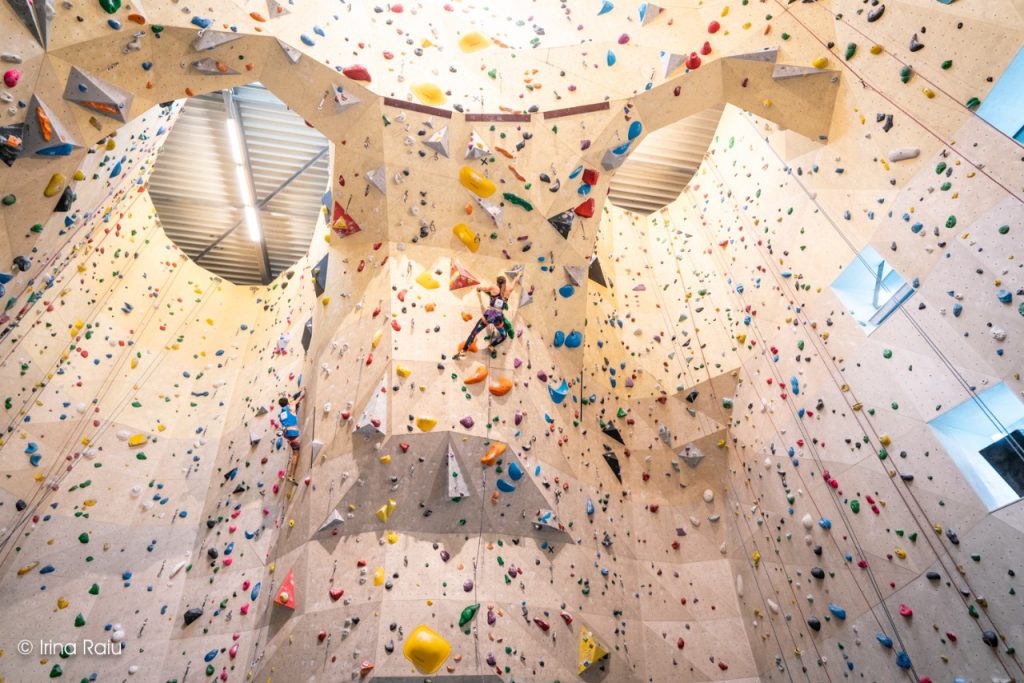Hiking classes offer structured learning experiences for individuals eager to examine the vertical world. These courses appeal to climbers of all levels, from newcomers getting their first measures on the wall to veteran masters seeking to refine their abilities or tackle new challenges. Usually, climbing classes are made and led by experienced instructors who share their knowledge, knowledge, and desire for hiking to participants.
The curriculum of a hiking program usually covers a wide variety of issues required for secure and satisfying climbing. Newcomers may possibly learn elementary abilities such as for instance attaching troubles, belaying techniques, correct gear use, and fundamental hiking movement. Advanced classes might delve into more complex issues like lead hiking, point making, path examining, and risk management. Sophisticated courses might concentrate on specialized techniques for several types of climbing, such as trad hiking, game climbing, or bouldering, along with advanced recovery and self-rescue skills.
Hands-on practice is a main part of climbing classes, letting participants to apply what they’ve learned in a managed setting under the advice of instructors. Climbing gyms, outdoor crags, and particular training facilities give the right locations for practical ability development. Individuals get customized feedback and instruction from instructors, supporting them refine their methods and build confidence on the wall.
Beyond complex abilities, hiking classes usually emphasize essential aspects such as for example hiking ethics, environmental stewardship, and chance assessment. Members find out about Keep Number Trace concepts, responsible outside conduct, and the significance of keeping hiking areas for future generations. Also, they get ideas into the intellectual areas of hiking, such as purpose placing, overcoming concern, and maintaining concentration and attention throughout challenging climbs.
Several climbing programs also offer possibilities for neighborhood building and camaraderie among participants. Hiking is inherently a social activity, and programs supply a supportive setting where climbers can join, reveal experiences, and motivate one another to force their limits. Whether it’s cheering on a fellow climber while they undertake an arduous way or celebrating achievements together at the end of the program, the feeling of camaraderie fosters a powerful sense of belonging within the hiking community.
Protection is paramount in hiking, and hiking classes prioritize teaching members how to assess and mitigate risks effectively. From proper equipment inspection and maintenance to emergency techniques and communication practices, members kurs wspinaczkowy crucial safety techniques which can be important for a safe hiking experience. Instructors impress a lifestyle of security awareness and inspire individuals to produce knowledgeable decisions while hiking independently.

Climbing classes usually offer a pathway for persons enthusiastic about seeking hiking as a career or getting certified instructors themselves. Qualification programs and mentorship options offer ambitious instructors with the training and advice they need to teach hiking abilities successfully and responsibly. Through a variety of class training, useful knowledge, and mentorship, players gain the data and assurance to lead hiking programs and reveal their desire for hiking with others.
In conclusion, hiking courses offer important learning activities for climbers of degrees, giving a structured pathway for skill development, personal development, and neighborhood engagement. Whether it’s mastering simple practices, refining advanced abilities, or seeking a career in climbing training, members take advantage of specialist training, hands-on exercise, and a encouraging learning atmosphere that fosters a lifelong passion for climbing.
